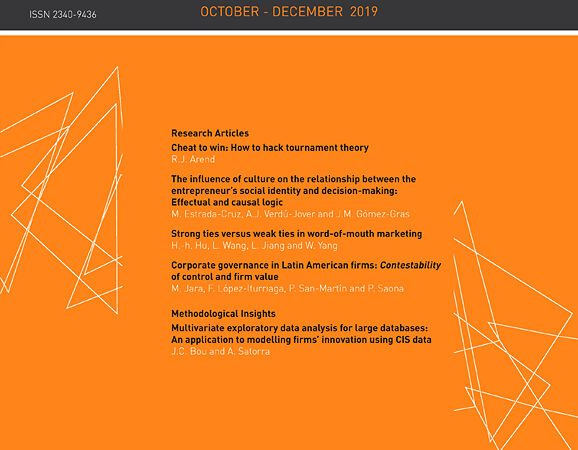
We blend the institutional and social identity theories to explain why foreign companies may endure a differentiated treatment compared to domestic ones. We extend the “liability of foreignness” (LOF) reasoning to the moral domain. Using a survey experiment in Algeria and France, we examine whether observers judge similarly or differently the same ethical and unethical practices by manipulating the doers’ origin. Each treatment corresponds to a specific combination of company behavior (ethical vs. unethical) and company origin (no origin mentioned vs. domestic origin vs. foreign origin). We found that company origin matters for the ethical and some unethical scenarios. However, the foreignness consequences in the moral domain are not always consistent with a simplistic application of LOF-based arguments, leading us to consider a more complex picture than initially expected. In the Algerian sample, we found that foreign companies can even benefit from an advantage compared to domestic ones.
